Song, who is completing her PhD at the University of Chicago, will focus on developing a computational understanding of high-level cognition.
Hayoung Song to join WashU as CTCN Fellow
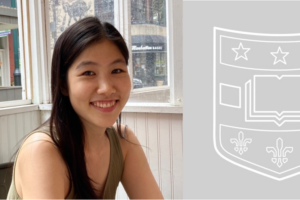

Song, who is completing her PhD at the University of Chicago, will focus on developing a computational understanding of high-level cognition.
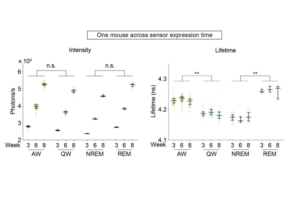
A new study from Yao Chen’s lab reveals that some fluorescent-intensity–based sensors also show fluorescence lifetime responses, expanding observations of neuromodulator activity over time and distance.
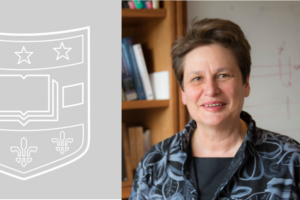
At this event, which recognizes International Women’s Day, Dulac will present her latest findings on the neural underpinnings of social isolation and sickness behaviors.
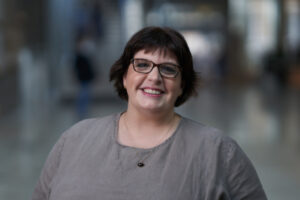
Read Dr. Ashley Morhardt’s comments in Discover on a new study in the Journal of Comparative Neurology.

Dr. Monosov, Associate Professor of Neuroscience, discusses his research on the neurobiological roots of curiosity on the Choose to Be Curious program.
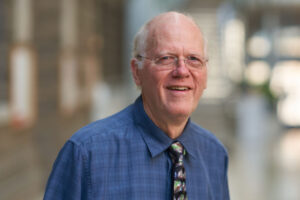
David Van Essen, PhD, Alumni Endowed Professor of Neuroscience at Washington University, is among the scholars on Clarivate’s 2023 list of Highly Cited Researchers.
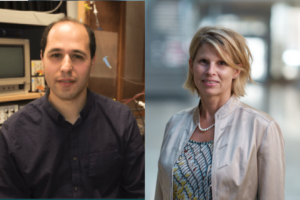
In collaboration with Vitaly Klyachko in the Department of Cell Biology and Physiology at WashU, the funds will support research into the function of sensory neurons and partners known as satellite glial cells.

We are seeking a research-track investigator at the level of Assistant Professor to develop a thriving collaborative research program in MRI project design and analysis.
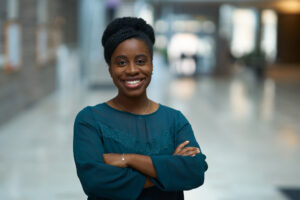
Kia’s poster, “An inducible genetic tool for tracking and manipulating specific microglial states in development and disease,” earns the top honor at the Washington University Neuroscience Retreat.
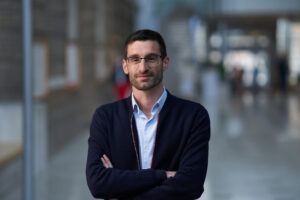
In Nature Neuroscience, Thomas Papouin and colleagues describe the role of astrocytes in “contextual guidance.”